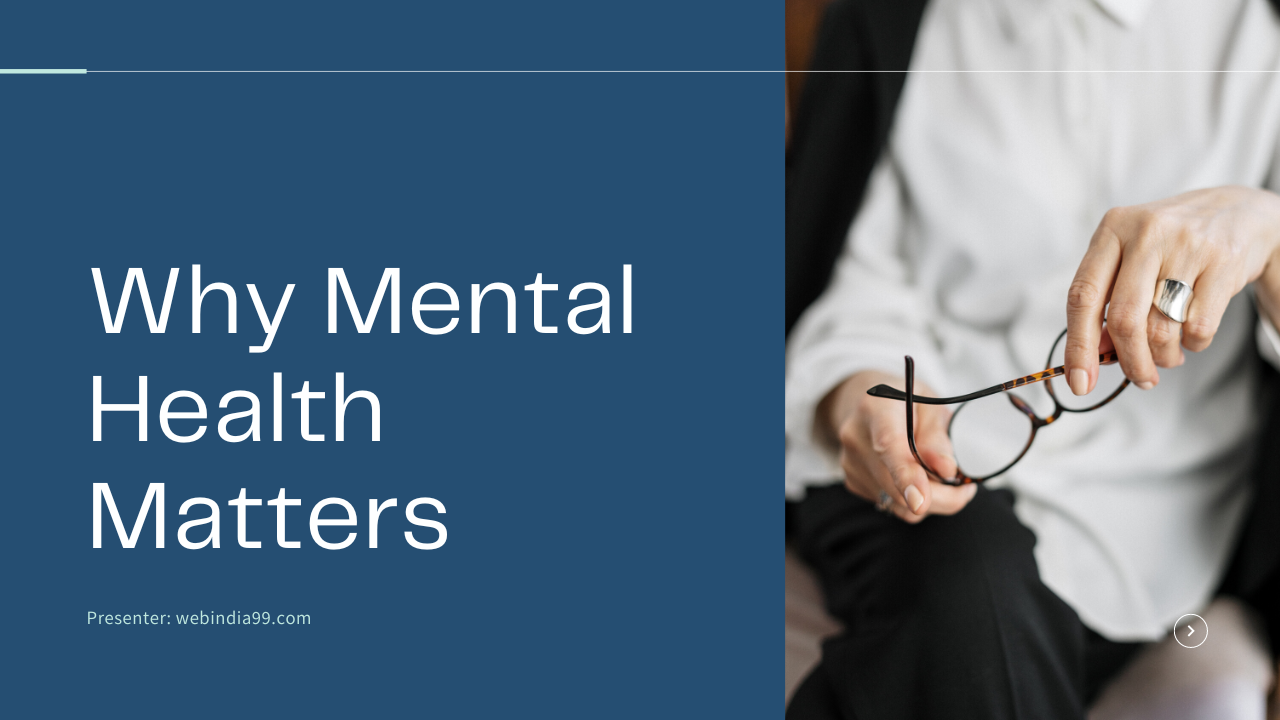Depression, often described as a silent epidemic, affects millions of people around the world. It can have a debilitating effect on every aspect of life, making daily tasks impossible and robbing individuals of their happiness and vitality. Although it is not always possible to prevent depression completely, some steps can be taken to reduce the likelihood or severity of it. In this guide, we’ll explore what you need to know about surviving depression.

Understanding Depression:
Before considering prevention strategies, it is important to understand what depression is. Depression is more than just feeling sad or depressed; It is a complex mental health disorder that involves persistent feelings of sadness, loss of interest in activities, and a variety of physical and emotional symptoms. Recognizing the signs and symptoms of depression is the first step towards overcoming and avoiding it.
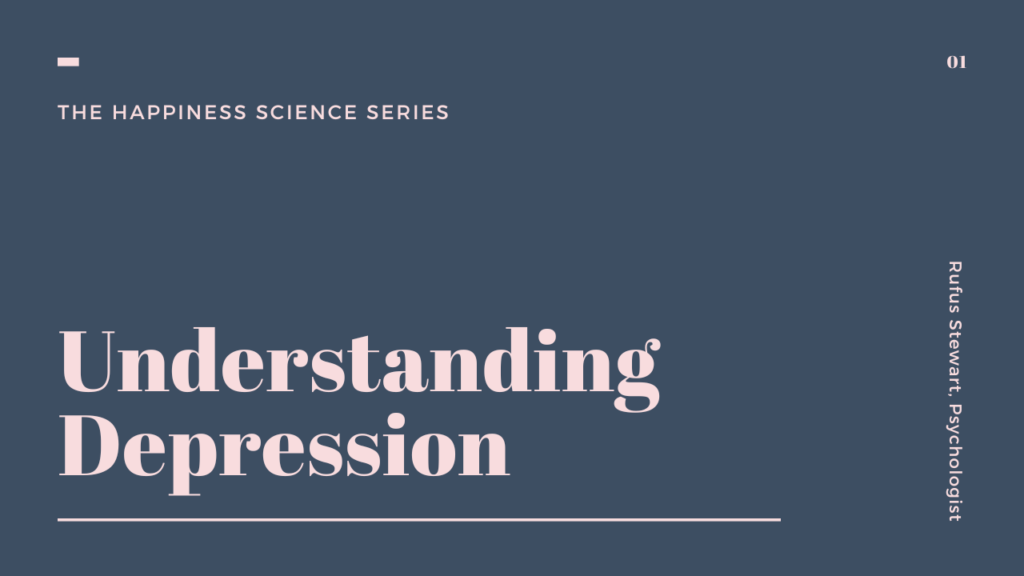
Create a support system:
Social support is essential for mental well-being. Develop relationships with friends, family, and peers who provide encouragement, empathy, and understanding. Surrounding yourself with a supportive network can provide comfort during challenging times and serve as a buffer against stressors that can contribute to depression.

Make self-care a priority:
Self-care includes activities that nurture your physical, emotional, and mental health. This include obtaining adequate rest, maintaining a healthy diet, working out frequently, and engaging in relaxing activities like deep breathing exercises or meditation. To maintain emotional balance it is also necessary to engage in activities that bring you happiness and satisfaction.
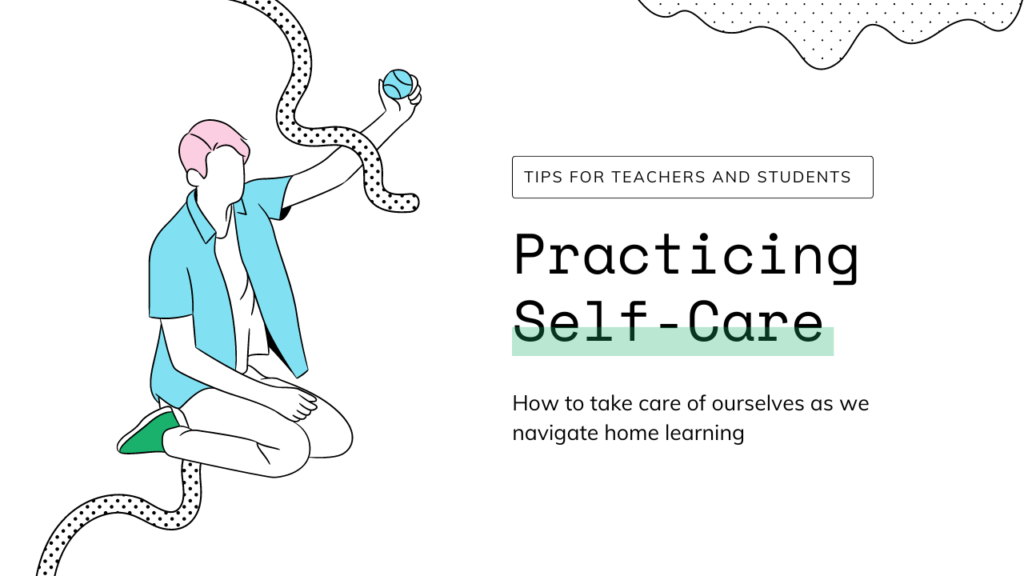
Manage stress effectively:
Chronic stress can have a significant impact on mental health and increase the risk of depression. Learning to manage stress through techniques such as time management, setting boundaries, and practicing mindfulness can help prevent its negative effects. Additionally, seeking professional help or counseling may provide valuable strategies for coping with stress.

Be active and engaged:
Staying active and engaged in life can help overcome feelings of isolation and depression. Pursue hobbies and interests that spark your curiosity and passion. Getting involved in volunteer work or community activities can also provide a sense of purpose and connection to others, which are important for mental well-being.

Seek professional help if needed:
If you are struggling with persistent feelings of sadness, hopelessness, or loss of interest in activities you once enjoyed, don’t hesitate to seek help from a mental health professional. Depression may require therapy, medicine, or a mix of the two to be effectively managed. Early intervention is important to prevent depression from getting worse.

Practice positive thinking:
Developing a positive attitude can have a profound impact on mental health. Challenge negative thoughts and beliefs with evidence-based reasoning and focus on gratitude and self-compassion. Developing resilience in the face of adversity can help build emotional strength and reduce susceptibility to depression.

Limit substance use:
Substance abuse, including alcohol and drugs, can worsen symptoms of depression and increase the risk of developing the disorder. Limiting or avoiding substances that impair mental health is important to maintain emotional well-being.
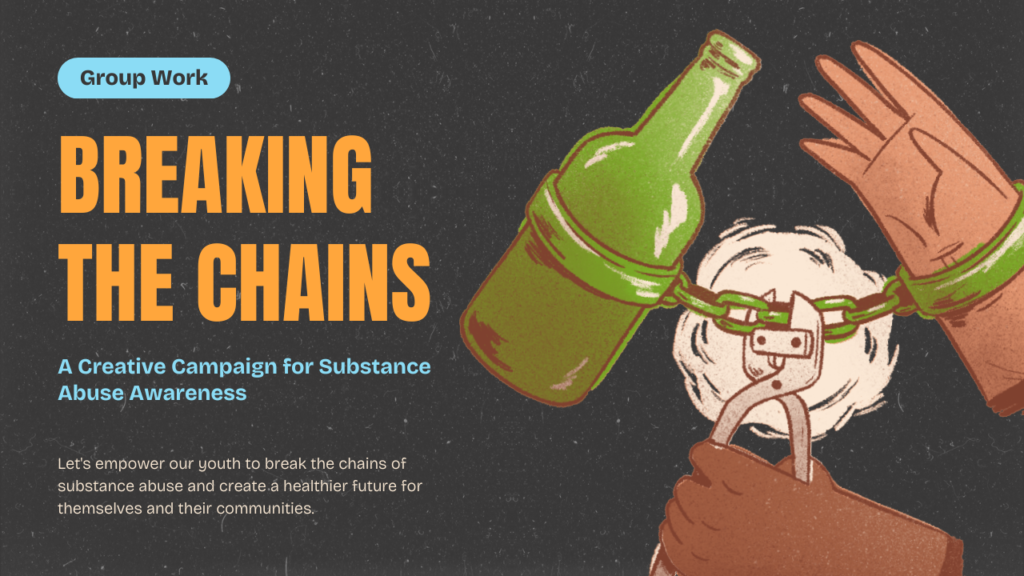
Stay Connected:
Building and maintaining meaningful relationships with others is essential for mental health. Try to reach out to friends and loved ones regularly, even if it’s just a brief phone call or text message. Social support can provide comfort, encouragement, and a sense of belonging, all of which are protective factors against depression.

Monitor your mental health:
Pay attention to changes in your mood, behavior, and overall health. If you notice persistent symptoms of depression, such as sadness, fatigue, changes in appetite or sleep patterns, or difficulty concentrating, don’t ignore them. Contact a health care professional for evaluation and support.
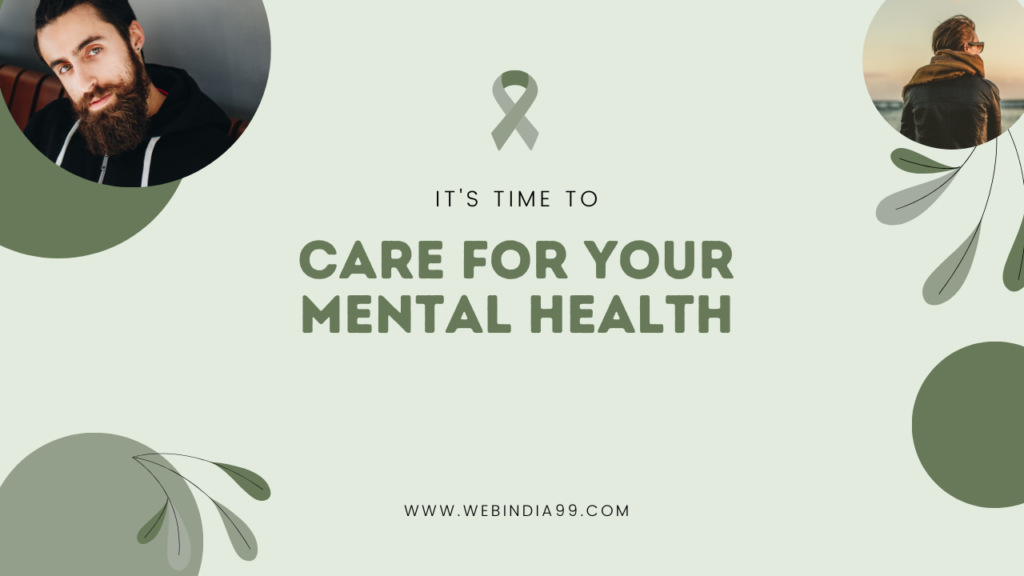
In conclusion, although it is not always possible to avoid depression completely, there are some active steps you can take to reduce its likelihood and severity. By prioritizing self-care, building a strong support network, managing stress effectively, and seeking professional help when you need it, you can empower yourself to protect your mental health and live a fulfilling life. . Remember, you are not alone and help is available.
